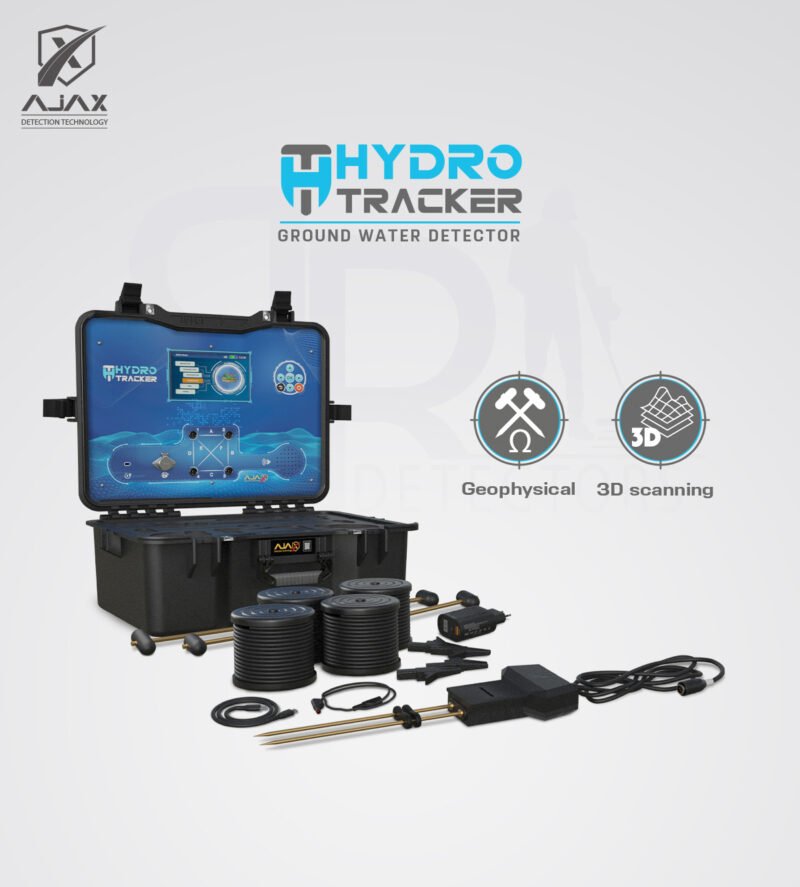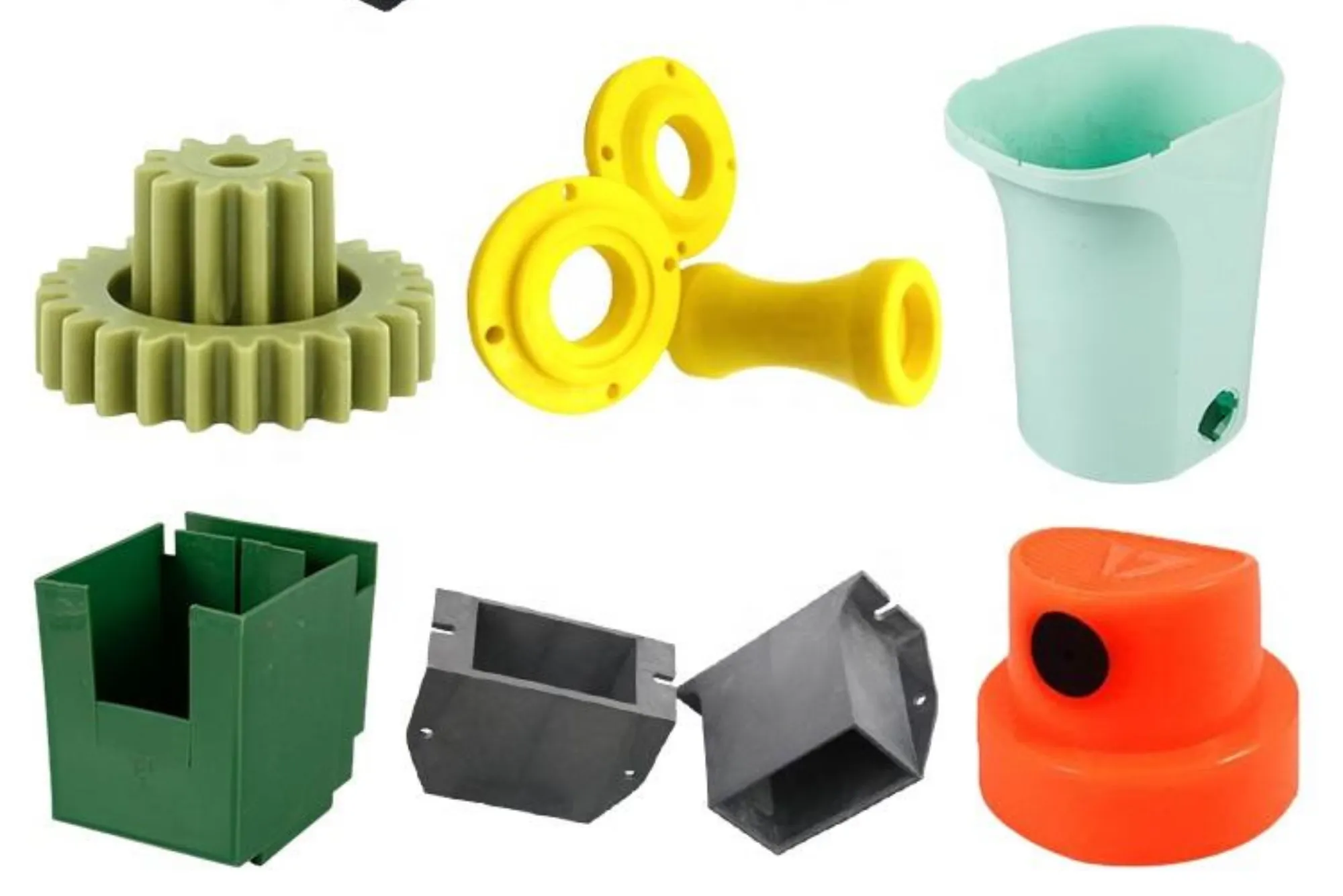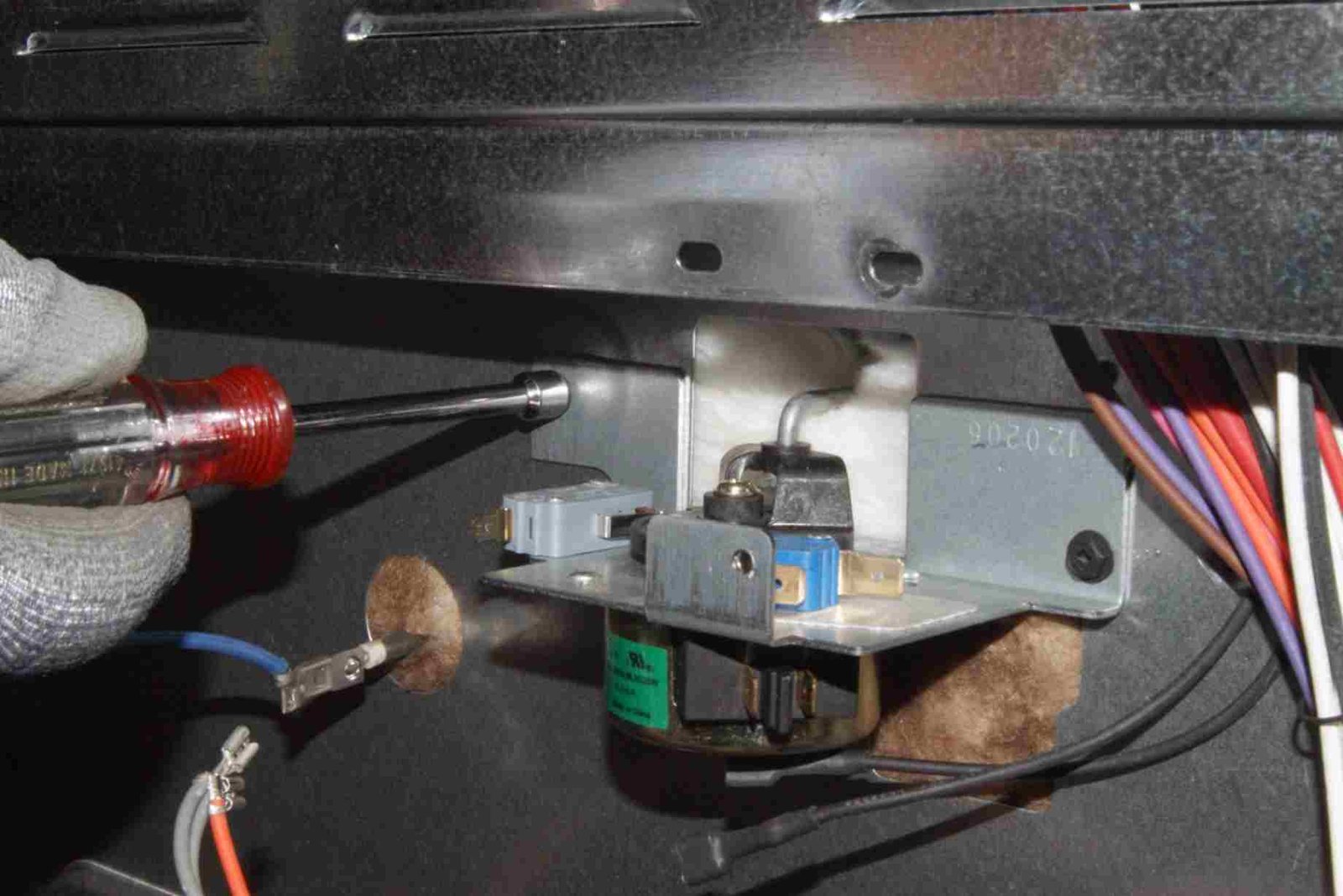When you think about modern manufacturing, it’s hard to imagine any industry that doesn’t rely on plastic in some way. From the car you drive to the medical devices that save lives, plastic parts play a crucial role in both everyday life and advanced industries. But have you ever wondered what exactly a plastic parts company does and what kind of services they provide?
Over the years, I’ve had the chance to work with manufacturers who specialize in plastics, and I’ve seen firsthand how their services extend far beyond simply making small components. A professional plastic molded parts manufacturer isn’t just producing items—they are problem-solvers, innovators, and partners in bringing ideas to life. In this article, I’ll walk you through the wide range of services these companies typically offer, highlighting how they support businesses across industries.
Product Design and Development Support
One of the most valuable services a plastic parts company provides starts long before any actual production begins. Many businesses approach them with just a concept or even a rough sketch, and the company’s engineers and designers step in to refine the idea. They look at factors such as function, durability, and cost-efficiency.
For example, let’s say a startup is developing a new consumer gadget. The plastic components must be lightweight yet strong, easy to assemble, and visually appealing. A plastic molded parts manufacturer would work closely with the client’s design team, offering suggestions on material selection, wall thickness, draft angles, and overall feasibility. This collaborative design phase ensures the final product isn’t just manufacturable but optimized for performance and cost.
Prototyping and Testing
Once the design is refined, the next step is prototyping. Many plastic manufacturers offer rapid prototyping services using technologies like 3D printing, CNC machining, or low-volume molding. These prototypes allow businesses to test the product in real-world scenarios before committing to mass production.
For instance, in the medical field, testing a plastic prototype for a surgical tool ensures it meets safety standards and ergonomic requirements. Prototyping saves both time and money by identifying flaws early in the process. A reliable plastic parts company will often include not just prototype fabrication but also testing services—checking the part’s strength, resistance to heat or chemicals, and overall durability.
Custom Plastic Injection Molding
This is perhaps the core service of any plastic molded parts manufacturer. Injection molding is the process of melting plastic resin and injecting it into a mold to create a precise, repeatable part. Whether it’s a car bumper, a phone case, or a medical syringe, injection molding can handle both high-volume production and intricate part geometries.
The key value here is customization. Each mold is unique to the client’s product, allowing companies to differentiate their designs and achieve consistent quality at scale. Some manufacturers also specialize in techniques like insert molding (combining metal and plastic in one part) or overmolding (bonding two different plastics together). These specialized methods give businesses flexibility in design and functionality.
Material Selection and Consultation
Not all plastics are created equal. Choosing the right material is critical to a product’s success, and this is another area where a plastic parts company provides expertise. For instance, polycarbonate might be ideal for impact-resistant items, while polypropylene is better suited for chemical resistance.
I’ve seen manufacturers act almost like consultants during this phase, helping clients balance performance requirements with cost constraints. They may recommend bio-based plastics for sustainability or engineering-grade resins for high-stress applications. A trusted plastic molded parts manufacturer ensures that businesses make informed choices that align with both product goals and industry standards.
Tooling and Mold Making
Behind every plastic part is a carefully engineered mold. Tooling is one of the most technical services offered by plastic companies. The mold must withstand high temperatures and pressures while maintaining precision over thousands—or even millions—of cycles.
A plastic parts company often has in-house tooling capabilities or strong partnerships with specialized mold makers. They handle everything from mold design and machining to maintenance and repair. In fact, some companies offer lifetime mold management, ensuring that the tool remains reliable for ongoing production runs.
High-Volume Production and Quality Assurance
Once tooling is complete, large-scale production begins. A professional plastic molded parts manufacturer operates advanced injection molding machines that can run 24/7 to meet client demand. But production is only half the story—quality assurance is just as important.
These companies typically implement rigorous inspection processes, from dimensional checks with precision instruments to automated vision systems that detect defects in real time. Many are certified to ISO standards, especially if they serve industries like automotive, aerospace, or healthcare. This commitment to quality gives clients peace of mind, knowing that every batch of plastic parts meets strict requirements.
Secondary Operations and Finishing
Plastic parts often require more than just molding. A plastic parts company may also provide secondary operations such as trimming, drilling, ultrasonic welding, or even painting and printing. These value-added services help businesses receive parts that are closer to finished components rather than raw pieces.
For example, in consumer electronics, it’s common for molded plastic parts to go through laser etching for branding or coating for improved aesthetics. Having these services under one roof reduces lead time and simplifies the supply chain.
Assembly and Packaging
Some manufacturers take it a step further by offering assembly services. Instead of just shipping individual components, they can assemble multiple parts into a sub-system, package them, and deliver ready-to-use kits. This is especially useful for industries like automotive or home appliances, where efficiency in supply logistics is critical.
By outsourcing assembly and packaging to the same plastic molded parts manufacturer, businesses save time, reduce handling costs, and streamline their overall operations.
Supply Chain and Logistics Support
Finally, many companies underestimate the importance of supply chain support. A strong plastic parts company doesn’t just make parts—it ensures they reach the client efficiently. Services may include just-in-time delivery, warehousing, inventory management, and even global logistics solutions.
For businesses with large-scale operations, this level of support can make a massive difference in avoiding costly delays or overstock issues. It also reinforces the idea that these companies are long-term partners, not just vendors.
Final Thoughts
The role of a plastic parts company extends far beyond simply manufacturing components. From design and prototyping to production, finishing, and logistics, these companies provide end-to-end services that help businesses bring ideas to life and scale them effectively.
A skilled plastic molded parts manufacturer combines engineering expertise with advanced technology to deliver reliable, cost-effective, and innovative solutions. Whether you’re a startup developing a new product or a multinational corporation looking to optimize your supply chain, partnering with the right plastic manufacturer can be the key to long-term success.








